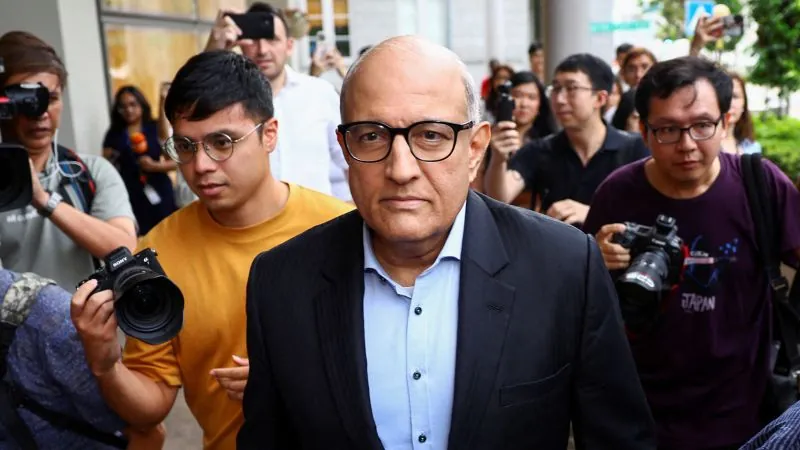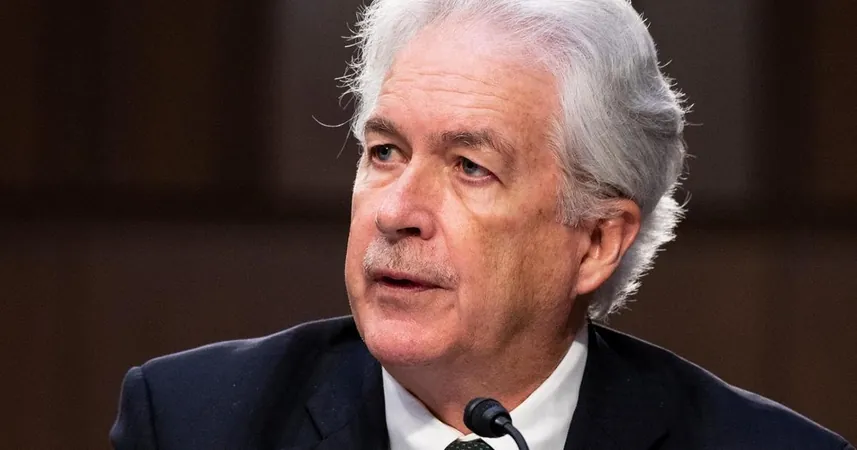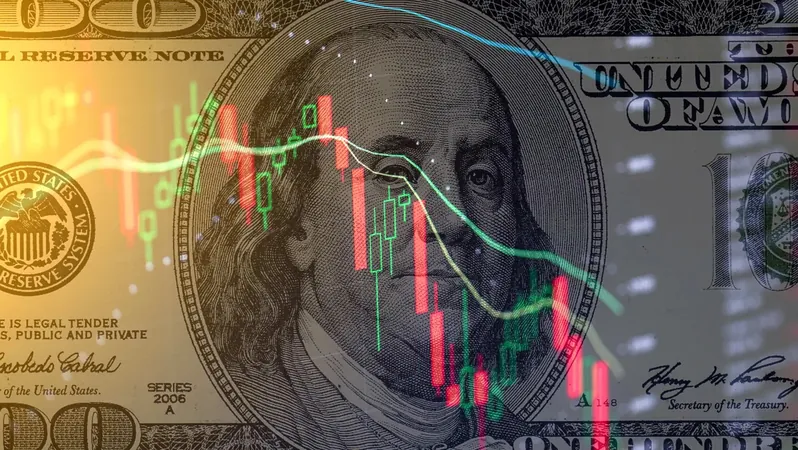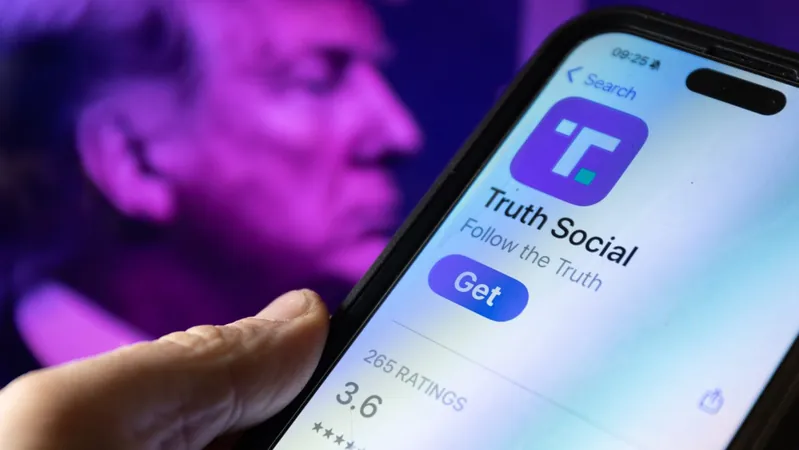
Shockwaves in Singapore: Ex-Minister S. Iswaran Sentenced to Prison in Unprecedented Corruption Scandal
2024-10-03
Author: Ming
S. Iswaran's Sentence and Charges
In an unprecedented move that has sent shockwaves through Singapore, a court sentenced former minister S. Iswaran to 12 months in prison for obstructing justice and accepting over $300,000 in gifts. This landmark case marks the first jailing of a former cabinet member in a nation celebrated for its pristine governance.
Details of the Conviction
S. Iswaran, who served for 13 years in various capacities, including trade, communications, and transport, pleaded guilty to four counts of improperly receiving gifts and one count of obstructing justice. The court has granted him bail until he begins his sentence next Monday, allowing him a short reprieve after a long and dramatic legal saga.
Impact on Singapore's Reputation
The scandal has rattled the core of Singapore's reputation as one of the world's least corrupt countries. Last year, Transparency International's corruption perception index ranked Singapore among the top five cleanest nations globally, an accolade that now faces scrutiny. The implications of this case extend beyond Iswaran himself, raising concerns about the integrity of the administrative framework that prides itself on accountability and transparency.
Investigation and Allegations
The investigation into Iswaran's conduct began when allegations surfaced regarding his eclectic taste in gifts, reportedly including lavish tickets to premier events such as English Premier League soccer matches, the Formula 1 Grand Prix in Singapore, and high-end London theater shows. In total, the gifts amounted to more than 400,000 Singapore dollars (approximately $309,000), according to prosecution claims.
Historical Context of Corruption in Singapore
Notably, the last instance of corruption involving a Singaporean minister came in 1986 when the national development minister was implicated in bribery allegations but passed away before facing charges. This stark contrast highlights how rare such incidents are in Singapore's political landscape.
Change of Plea and Legal Proceedings
Initially, Iswaran had declared his innocence and vowed to fight the charges against him. However, he ultimately changed his plea, accepting guilt on reduced counts as part of the legal proceedings. What began as an expansive set of 35 charges against him was narrowed down to five, simplifying the prosecution's case but amplifying the scandal's intensity.
Future Implications and Observations
As Singapore grapples with this shocking turn of events, calls for a reassessment of the rigorous governance structures that have long shielded its political elite are growing louder. Can Singapore maintain its reputation for cleanliness in the face of such challenges? The eyes of the world are now watching closely as this story continues to unfold.





 Brasil (PT)
Brasil (PT)
 Canada (EN)
Canada (EN)
 Chile (ES)
Chile (ES)
 España (ES)
España (ES)
 France (FR)
France (FR)
 Hong Kong (EN)
Hong Kong (EN)
 Italia (IT)
Italia (IT)
 日本 (JA)
日本 (JA)
 Magyarország (HU)
Magyarország (HU)
 Norge (NO)
Norge (NO)
 Polska (PL)
Polska (PL)
 Schweiz (DE)
Schweiz (DE)
 Singapore (EN)
Singapore (EN)
 Sverige (SV)
Sverige (SV)
 Suomi (FI)
Suomi (FI)
 Türkiye (TR)
Türkiye (TR)